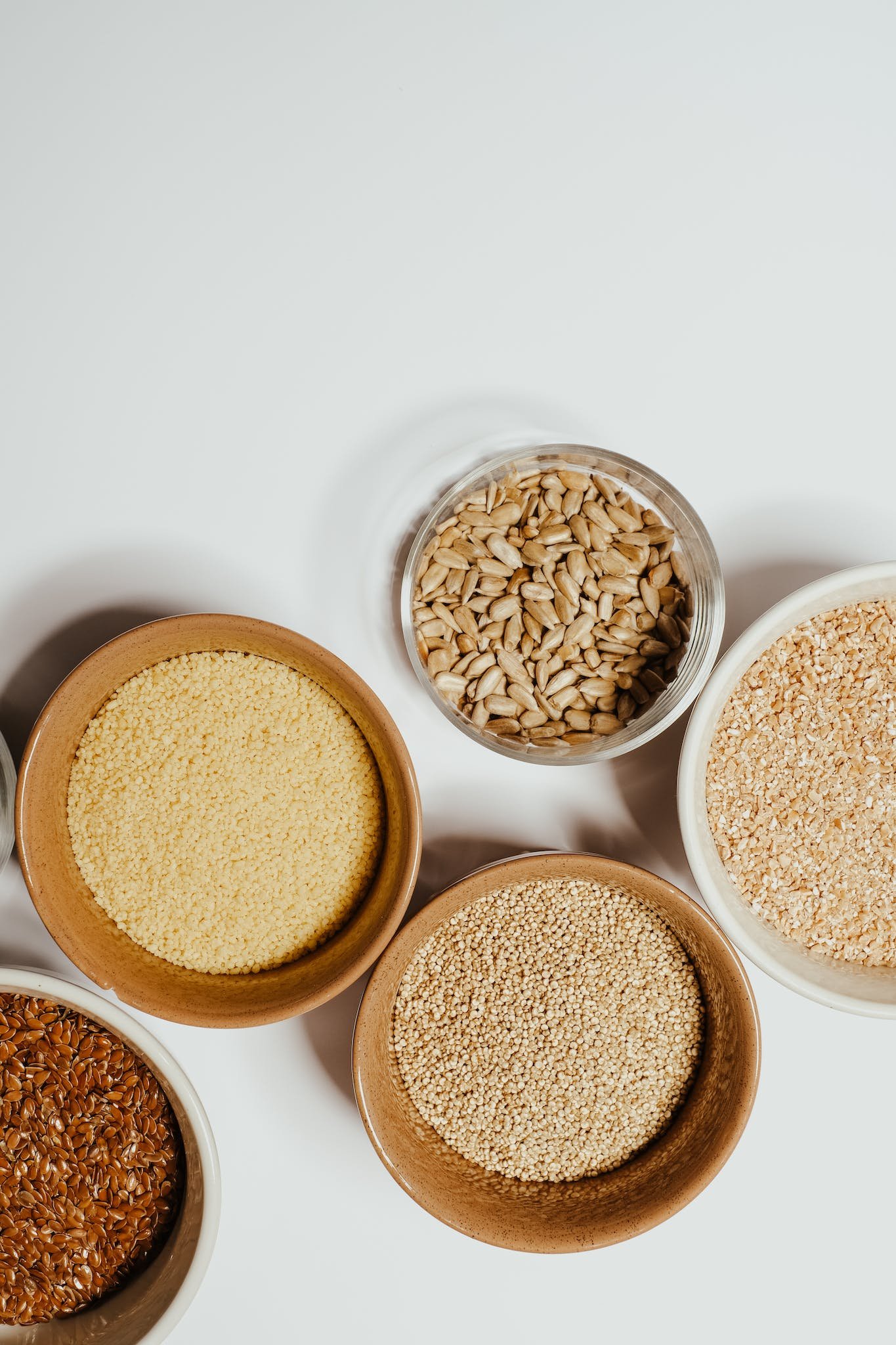The benefits of switching to whole grains
Introduction
In today’s health-conscious world, the importance of incorporating whole grains into our diets cannot be emphasized enough. Packed with essential nutrients, fiber, and antioxidants, whole grains offer a host of benefits that contribute to overall well-being.
Whole grains, such as whole wheat, oats, quinoa, and brown rice, are an excellent source of complex carbohydrates that provide sustained energy levels throughout the day. They are also rich in vitamins, minerals, and dietary fiber, promoting healthy digestion and preventing constipation.
Moreover, research suggests that a diet rich in whole grains may lower the risk of chronic diseases, such as heart disease, type 2 diabetes, and certain types of cancer. The high fiber content in whole grains helps to lower cholesterol levels, maintain healthy blood sugar levels, and support weight management.
With their nutty taste and versatility, whole grains can be easily incorporated into various meals and snacks, making healthy eating effortless and enjoyable. From hearty whole grain bread to creamy oatmeal and flavorful quinoa salads, the options are endless.
So why not make a conscious effort to include whole grains in your diet today and reap the amazing benefits they offer? Your body will thank you for it.
What are Whole Grains?
Whole grains are grains that contain all parts of the grain, including the bran, germ, and endosperm. This means that they retain all the essential nutrients and fiber that are lost during the refining process of refined grains.
Whole wheat, oats, quinoa, brown rice, barley, and corn are some common examples of whole grains. These grains are minimally processed and retain their natural goodness, making them a healthier choice compared to refined grains.
Health Benefits of Whole Grains
The health benefits of whole grains are numerous and well-documented. Incorporating whole grains into your diet can have a positive impact on your overall well-being.
Nutritional Value of Whole Grains
Whole grains are packed with essential nutrients, including B vitamins, vitamin E, magnesium, and iron. They also contain antioxidants and phytochemicals that have been linked to a reduced risk of chronic diseases, such as heart disease and cancer.
Whole Grains and Weight Management
When it comes to weight management, whole grains are a valuable asset. The high fiber content in whole grains helps to promote feelings of fullness, which can prevent overeating. Additionally, the complex carbohydrates in whole grains provide a steady release of energy, keeping you satisfied and fueled throughout the day.
Whole Grains and Heart Health
The fiber in whole grains plays a crucial role in maintaining heart health. It helps to lower cholesterol levels by reducing the absorption of cholesterol in the intestines. By including whole grains in your diet, you can help reduce the risk of heart disease and improve cardiovascular health.
Whole Grains and Digestive Health
The fiber in whole grains also promotes healthy digestion and prevents constipation. It adds bulk to the stool, making it easier to pass through the intestines. By incorporating whole grains into your diet, you can support a healthy digestive system and maintain regular bowel movements.
Whole Grains and Diabetes Management
Whole grains have a low glycemic index, which means they cause a slower and more gradual rise in blood sugar levels compared to refined grains. This makes them an excellent choice for individuals with diabetes or those at risk of developing diabetes. By including whole grains in your diet, you can help maintain stable blood sugar levels and improve insulin sensitivity.
Incorporating Whole Grains into Your Diet
Incorporating whole grains into your diet is easier than you might think. Here are some practical tips to help you make whole grains a staple in your daily meals and snacks:
Cooking and Baking with Whole Grains
One of the easiest ways to incorporate whole grains into your diet is to swap refined grains with whole grains in your cooking and baking. For example, use whole wheat flour instead of all-purpose flour in your favorite recipes, or try experimenting with different whole grains, such as quinoa or barley, in your salads and side dishes.
Start Your Day with Whole Grains
Kickstart your day with a nutritious breakfast that includes whole grains. Opt for whole grain cereals, oatmeal, or whole wheat toast topped with avocado or nut butter. These options will keep you full and energized throughout the morning.
Choose Whole Grain Snacks
When it comes to snacking, reach for whole grain options instead of processed snacks. Whole grain crackers, popcorn, and granola bars are healthier alternatives that provide both taste and nutrition.
Experiment with Different Whole Grains
Don’t be afraid to try new whole grains and experiment with different recipes. Quinoa, farro, and buckwheat are just a few examples of whole grains that can add variety to your meals. Explore different cuisines and discover new flavors.
Conclusion
Incorporating whole grains into your diet is a simple yet effective way to improve your overall health and well-being. From providing essential nutrients and fiber to reducing the risk of chronic diseases, the benefits of whole grains are undeniable. So why not make a conscious effort to include whole grains in your diet today? Your body will thank you for it.

